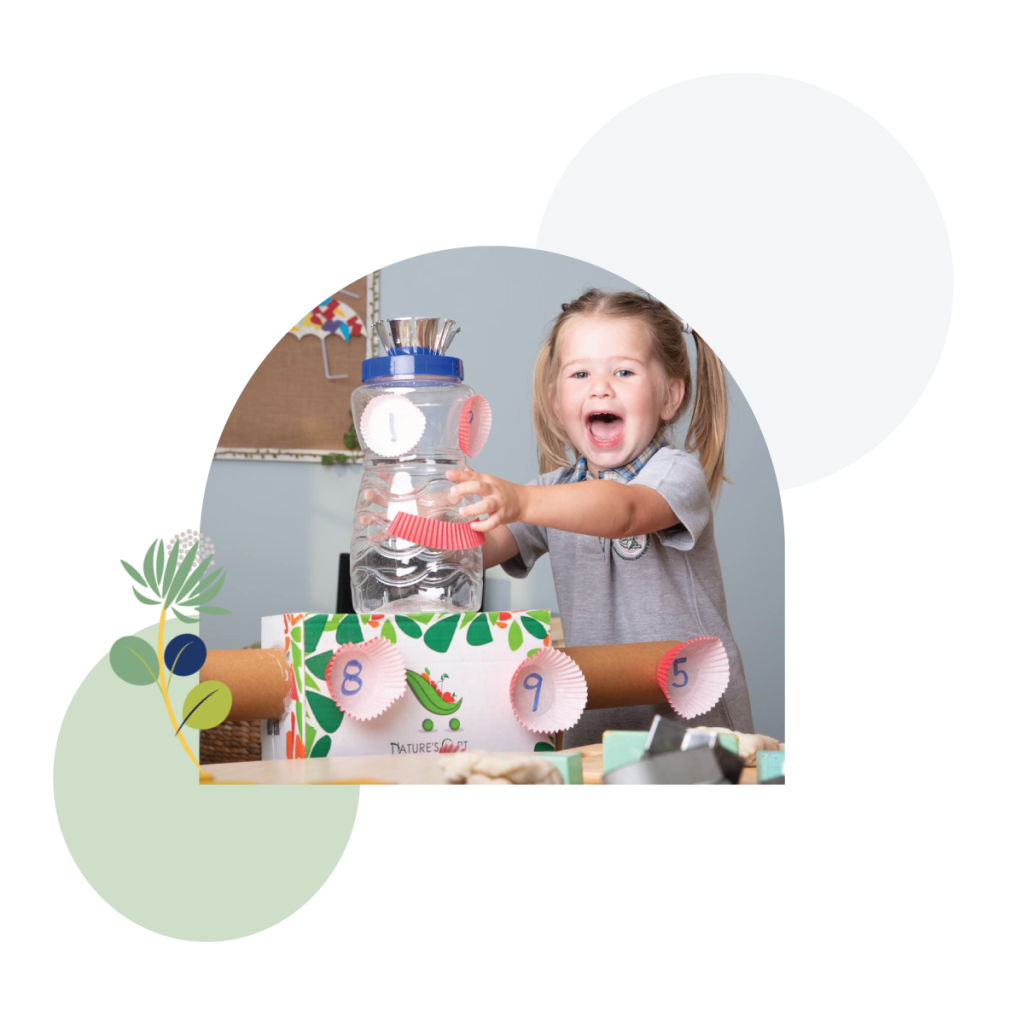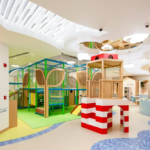
Building Social Skills In Nursery School
In the early years of nursery school, the development of social skills is as crucial as academic learning. Building a foundation for positive social interactions improves a child’s immediate experiences and lays the groundwork for healthy relationships in the future. Here, we get into effective strategies for nurturing social skills in the best nurseries in Dubai, promoting an environment where they can learn, grow, and connect with others.
Cooperative play activities:
Engaging children in cooperative play fosters teamwork and communication. Structured games that require collaboration, such as building with blocks or group art projects, encourage children to share ideas, negotiate, and work together. These activities lay the groundwork for essential social skills like cooperation and compromise.
Circle time discussions:
Implementing regular circle time discussions creates a platform for children to express themselves and practice active listening. Through sharing stories, thoughts, and experiences, children enhance their communication skills and also develop empathy and an understanding of diverse perspectives within the group.
Role- playing scenarios:
Introducing role-playing scenarios provides a safe space for children to steer social situations. Whether it’s acting out greetings, sharing toys, or resolving conflicts, this hands-on approach allows kids to practice essential social skills in a supportive environment, helping them build confidence in real-life interactions.
Emotion recognition and expression:
Teaching children to recognize and express emotions is fundamental to social development. Activities that involve discussing feelings, creating emotion charts, or using picture cards can help children identify and articulate their emotions, fostering empathy and a deeper understanding of others.
Buddy systems or peer mentoring:
Establishing buddy systems or peer mentoring programs encourages older nursery school kids to guide and support their younger peers. This promotes a sense of responsibility and also creates positive role models, fostering a supportive social atmosphere within the school community.
Inclusive group games:
Incorporating inclusive group games ensures that every child feels a sense of belonging. These games can range from simple activities like “Simon says” to more elaborate group challenges. Inclusivity promotes a supportive environment where children learn to appreciate diversity and build strong social bonds.
Nurturing social skills in nursery school is a foundational step in a child’s overall development. By incorporating cooperative play, and inclusive activities, educators and parents can collectively contribute to creating an environment where young children learn academic concepts.












